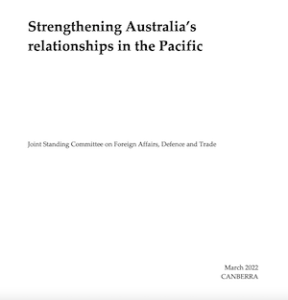Pacific Media Watch newdesk
Australia must step up diplomatic efforts to encourage the US government to drop its bid to extradite Julian Assange who has now been imprisoned for three years, says the Media, Entertainment and Arts Alliance.
Today marks the third anniversary of Assange’s arrest when he was dragged from the Ecuador Embassy in London on 11 April 2019 to face extradition proceedings for espionage charges laid by the US.
The WikiLeaks founder and publisher has been held at Belmarsh Prison near London ever since, where his mental and physical health has deteriorated significantly.
On this day, the MEAA calls on the Biden administration to drop the charges against Assange, which pose a threat to press freedom worldwide. The scope of the US charges imperils any journalist anywhere who writes about the US government.
MEAA media federal president Karen Percy urged the Australian government to use its close ties to both the US and the UK to end the court proceedings against him and have the charges dropped to allow Assange to return home to Australia, if that is his wish.
Assange won his initial extradition hearing in January last year, but subsequent appeals by the US government have dragged out his detention at Belmarsh.
“Julian Assange’s work with WikiLeaks was important and in the public interest: exposing evidence of war crimes and other shameful actions by US soldiers in Iraq and Afghanistan,” Percy said.
Assange charges an ‘affront to journalists’
“The stories published by WikiLeaks and its mainstream media partners more than a decade ago were picked up by news outlets around the world.
“The charges against Assange are an affront to journalists everywhere and a threat to press freedom.”
The US government has not produced convincing evidence that the publishing of the leaked material endangered any lives or jeopardised military operations, but their lasting impact has been to embarrass and shame the United States.
“Yet Assange faces the prospect of jail for the rest of his life if convicted of espionage charges laid by the US Department of Justice,” Percy said.
“The case against Assange is intended to curtail free speech, criminalise journalism and frighten off any future whistleblowers and publishers with the message that they too will be punished if they step out of line.
“The US Government must see reason and drop these charges, and the Australian Government should be doing all it can to represent the interests of an Australian citizen.”
Assange has been a member of the MEAA since 2009 and in 2011 the WikiLeaks organisation was awarded the Walkley Award for Most Outstanding Contribution to Journalism.
This post was originally published on Asia Pacific Report.
